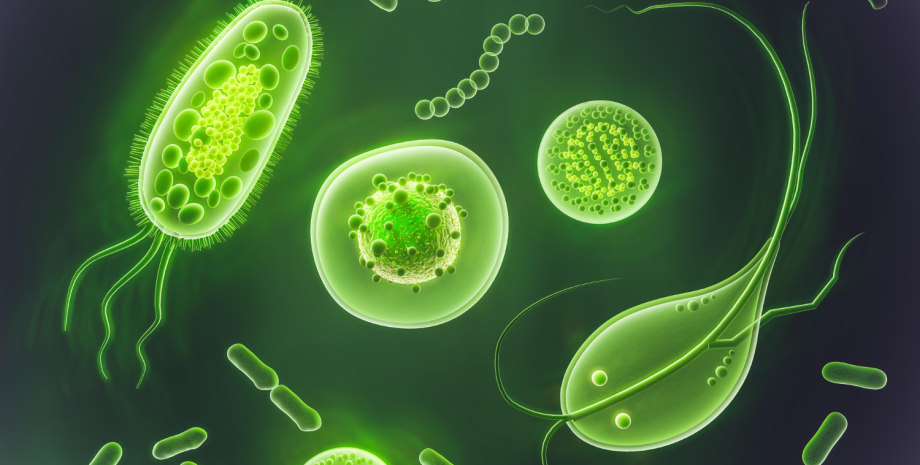
 By Eliza Popova
By Eliza Popova
Scientists have discovered an unusual method by which it transforms the weapons of other bacteria into an unnecessary appendage, providing a preference in the fight for survival, writes Sciencedaily. In focus, technology appeared its Telegram channel.
Subscribe to not miss the most info and interesting news from the world of science! Research conducted under the guidance of Lori Komsto, Professor of Microbiology of the University of Chicago, showed how mobile genetic elements, including integrative and conjugative elements (IKE), can change the weapons of the bacteria - a process that is crucial for its survival and competitive advantage in the densely populated intestinal microbioma.
The study showed that the acquisition of certain genetic elements can inhibit one bacterial weapon and at the same time create another, which gave scientists an idea of the rapid evolutionary capacity of intestinal bacteria due to the horizontal transfer of genes. The study was primarily concentrated on the system of secretion of type VI (T6ss), nanomachine capable of injection of toxins into adjacent bacterial cells. There are three different T6SS genetic architectures, and B.
Fragilis has a unique high -performance GA3 T6ss. However, the Komstoma team found that when B. Fragilis acquired GA1 IKE, the bacteria could no longer use a powerful GA3 T6ss, but instead were able to use GA1 T6ss, although this mechanism was considered less fatal. This change in functionality was confirmed in experiments on dull mice, where a strain containing GA1 and GA3 T6ss exceeded a wild -type strain that used only GA3.
Further research has shown that GA1 IKE switches on the mechanism that switches off the GA3 T6ss, completely changing the defensive and offensive strategy of the bacteria that came under its influence. This discovery shows how the dynamics of microorganisms in the intestine can change due to the acquisition of new genetic material, which affects their interaction with the environment and other organisms.
The study, published in Science, testifies to the importance of understanding these genetic transfers not only for fundamental science, but also for practical use in different areas of our lives. Because intestinal bacteria are increasingly prominent in biotherapeutic studies, for example, for the treatment of diseases with the help of artificially designed unique bacterial communities, taking into account these genetic exchange will be crucial.
As Komystok noted: "It is important not to allow anything to be transferred to these strains or from them that can adversely affect our body. " Her research is a wonderful illustration of complex evolutionary battles that occur at the microscopic level in our own body, where bacteria are constantly fighting for dominance through genetic innovations, turning our body into a battlefield, where they continue simultaneously imperceptible and enormous.
Earlier, focus wrote that, according to scientists, gravity provokes a syndrome of irritated intestine. Researchers have stated that they found the cause of the development of irritable bowel syndrome. Focus also wrote about crossing pig genes with beans who began to produce real pig protein. Changing soybean soybeans for the production of pig protein, the company produced a product rich, in fact a real, pork protein that erases the boundaries between the plant and meat.










All rights reserved IN-Ukraine.info - 2022